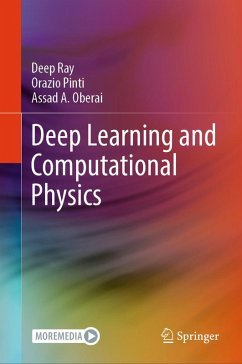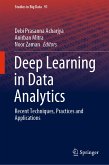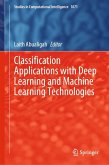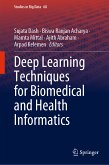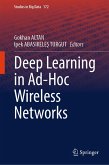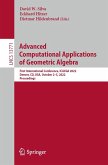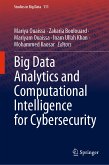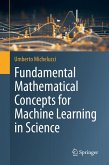The main objective of this book is to introduce a student who is familiar with elementary math concepts to select topics in deep learning. It exploits strong connections between deep learning algorithms and the techniques of computational physics to achieve two important goals. First, it uses concepts from computational physics to develop an understanding of deep learning algorithms. Second, it describes several novel deep learning algorithms for solving challenging problems in computational physics, thereby offering someone who is interested in modeling physical phenomena with a complementary set of tools. It is intended for senior undergraduate and graduate students in science and engineering programs. It is used as a textbook for a course (or a course sequence) for senior-level undergraduate or graduate-level students.
Dieser Download kann aus rechtlichen Gründen nur mit Rechnungsadresse in A, B, BG, CY, CZ, D, DK, EW, E, FIN, F, GR, HR, H, IRL, I, LT, L, LR, M, NL, PL, P, R, S, SLO, SK ausgeliefert werden.
Hinweis: Dieser Artikel kann nur an eine deutsche Lieferadresse ausgeliefert werden.

